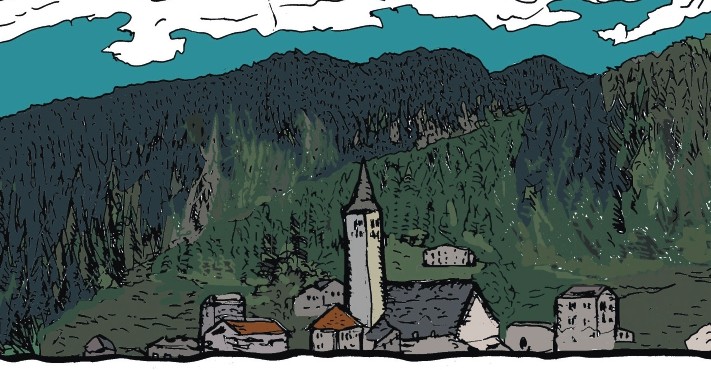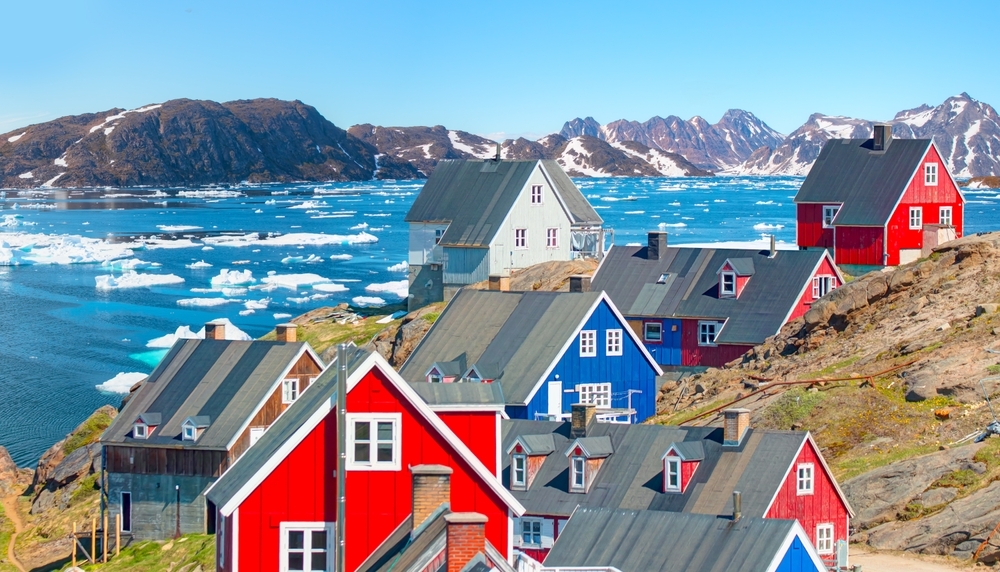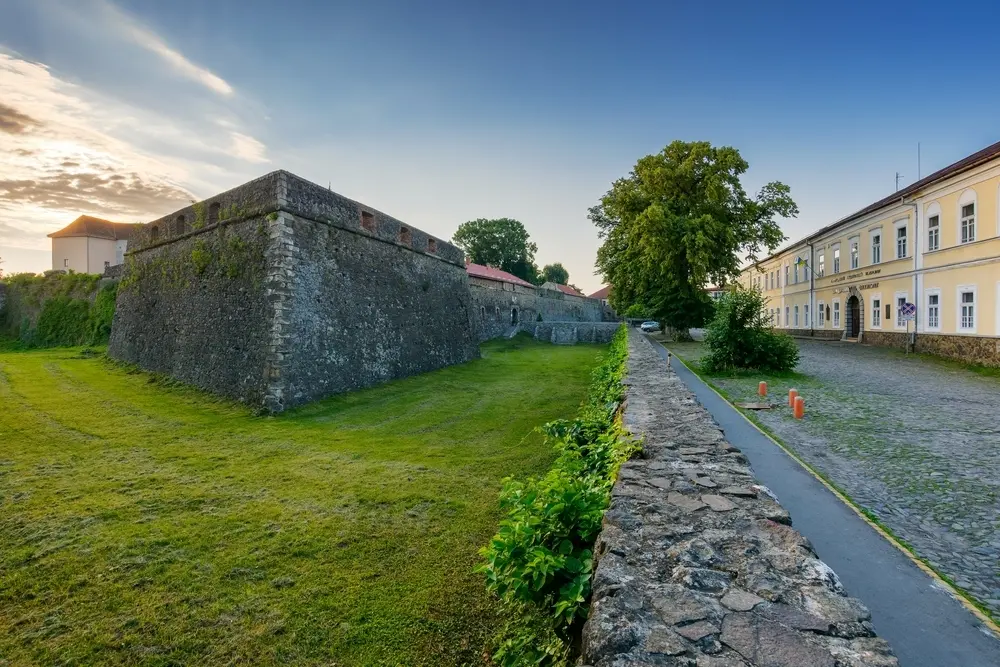Belgrado: intervista al presidente del sindacato
I vecchi schemi di miloseviciana memoria, la difficile ripresa politica ed economica, lo sfruttamento dei disagi sociali per coprire le inadempienze del potere. Branislav Canak si sofferma sui nodi irrisolti e sulle tensioni in atto in FRY.
The president of the Syndicate "Nezavisnost" (Independence), Mr. Branislav Canak described the situation in Serbia as being surrounded by problems, which makes it hard to detect the most dangerous one.
Current Political Situation in Serbia
First Canak gave his impressions of the political problems, by saying that all that was inherited from the Milosevic era is still present. Many of the problems are still not solved; hence one may conclude that some of these problems are useful for the people who are in power at the moment. "Here one can find a challenging situation, because for someone coming to power after the dictator, there are many challenges before him, which can form a lot of privileged situations. A possible solution would be the total destruction of that dictatorship, and at the same time, all the privileges this kind of position is accustomed to. I found that many of them still like that Milosevic’ s chair, and the privileges that come with it," commented Canak.
"Behind the Serbian Political Scene"
Canak also expressed his beliefs that politicians here still prefer making decisions behind the scenes, without explaining or taking any kind of responsibility for the decisions made.
"In Serbia it is true that the democratic institutions are not at the proper level of development, and in addition the institutions are not even properly used", explained Canak.
On the Political Scene of Serbia
Canak spoke about the relationship between the two federal units (Serbia and Montenegro) as the main problem that exists in the political scene, which makes the existence of Yugoslavia pointless. Canak also pointed out the agony under which Yugoslavia, as a federal country, exists. His explanation as to why this is happening is that this agony of the common country between Montenegro and Serbia has political roots. "Someone is trying to keep its power, both in Montenegro and here in Serbia, and again it accomplished through the inherited Milosevic style. Keeping Montenegro in this kind of a position is the same as what Milosevic was doing during his reign", said Canak. He added that still no one is solving the problem of a common state, and therefore it is not possible to solve many of the other problems. I found that both Serbia and Montenegro are in favour of this position, which they use as explanations and excuses for not resolving the many other important existing problems".
It is Canak’s overall impression that there is still a lot of Milosevic spirit floating around, when problems need to be resolved.
Economic Situation in Serbia
"The economy still depends on politics, as was the case during the Milosevic period. One can still find a few political centres of power deciding on economic affairs, and this is again something inherited from Milosevic." said Canak. However Canak stressed the difference between Milosevic saying that the reforms were finished, while the new ruling coalition is insisting that the reforms be implemented. The reforms are not still being implemented due to the fact that the government is always trying to find the "guilty one". "We, the people from "Nezavisnost" (Independence), are often the ones accused by the government for delaying privatisation and reforms, while we only want the things to be arranged in the same way as they are everywhere in the civilised world", explained Canak.
Social problem
Canak explained the social problem as one being inherited from the previous regime. However he pointed out that instead of being resolved, social problems are enlarging every day.
" I am afraid that the social problem will supersede the two other problems (political and economic), and that it will be the main decision in the creation of future political relationships, and therefore economic ones. This might happen if the political and economic spheres are neglected. Hence when the two are neglected it is always the social one that is strengthened, in a negative sense, of course. In some places this is called revolution, in others social tensions, and sometimes even reforms delay" explained Canak.Canak described that all problems are pushed into the social sphere, and that the social sphere as it is today, will either serve as a means for someone to come to power, or for someone else it will just be an excuse for not implementing the reforms," explained Canak.
Canak defined Serbian society as not being socially sensible enough. "We are used to living under the worst possible conditions, for long periods of time. In some other countries (Germany, France, or Italy) the explosion of social tensions, if they were to be in the same condition as Serbia is at the moment, would come much more quickly", he explained. Therefore, Canak said that he does not think that the social explosion will break out before next spring. " However everything is possible, stressed Canak, adding, "if the pensions are not on time, if there is no heating or city transport, it might happen sooner".
The case of Vojvodina
Vojvodina has been a problem since the existence of Serbia. "I found this problem as a problem of new Serbia and old Vojvodina. What I mean by this is that Vojvodina belonged to the Austro- Hungarian Monarchy, while on the other hand Serbia was being formed at the time when Vojvodina already existed. All the things that Vojvodina inherited from the Austro- Hungarian monarchy, everyone here in Serbia tried to accept as reality, and to form on that basis, and in that reality, the proper relationship between Vojvodina and Serbia." explained Canak.
Canak also said that this difference between Serbia and Vojvodina was suppressed all the time, ideologically, politically, and economically. Hence, he said, it is quite normal that people in Vojvodina are dissatisfied, for they do not have the political and economic position they are supposed to have. Canak also explained the problem of Vojvodina as being manipulated, in the same way the social situation is being manipulated. " In Belgrade Vojvodina is often abused, and actually used as an excuse for some problems not being solved.
Social Situation in Vojvodina
Canak described the social situation in Vojvodina as being even worse than in Serbia. He reminded us that three or four years ago in Vojvodina, "public kitchens" were opened, and that was the fact signalling that the situation in Vojvodina was very bad. As Canak said, Vojvodina is the place, which is expected to produce enough food for the whole of Serbia.
"The politicians are not solving the problems, because they need them as an excuse for anything they did not do, and they were expected to", concluded Canak.
See also:
Anniversario della morte di Tudjman
The standard of life in Serbia
Il Presidente dell’Assemblea della Vojvodina: Belgrado si comporta ancora da padrone
In evidenza
- Graphic novel
- MIGRAZIONI
- Confini e conflitti












